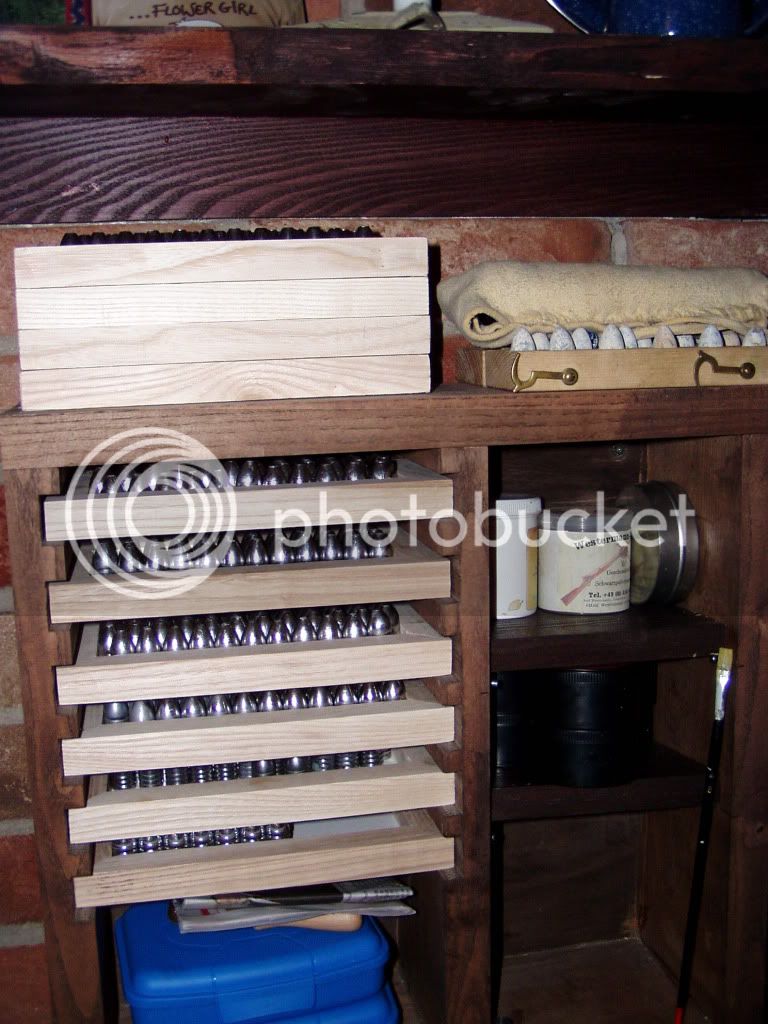I check out local yard sales, junk stores, and flea markets for lead fishing sinkers (if you're in the right geographic spot). Best find was a ingot of lead ballast...probably from an old sailboat. Still have it...can't figure out how to cut it up.
Estate sales are also good places if the late individual was a fisherman.
Estate sales are also good places if the late individual was a fisherman.





